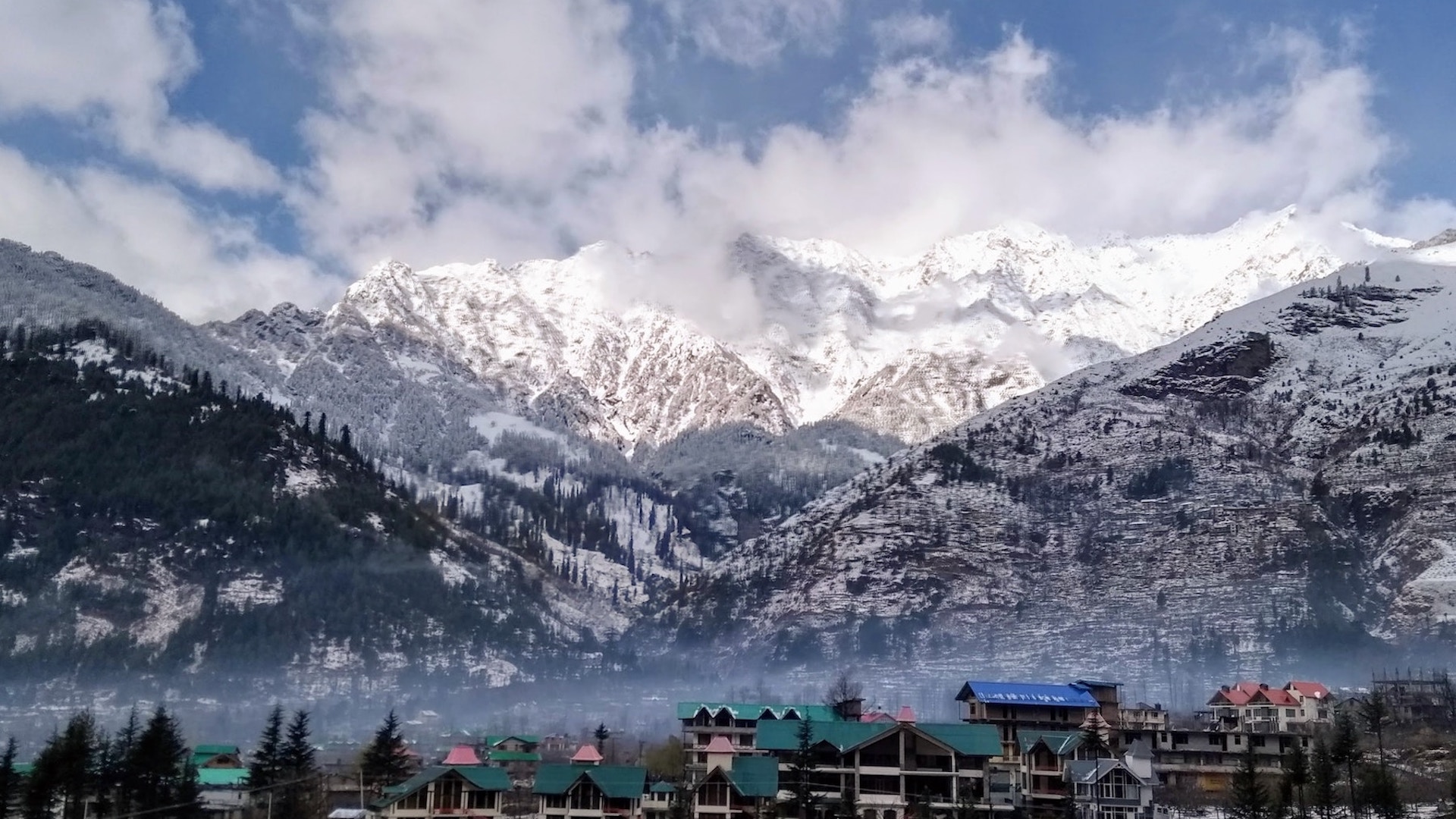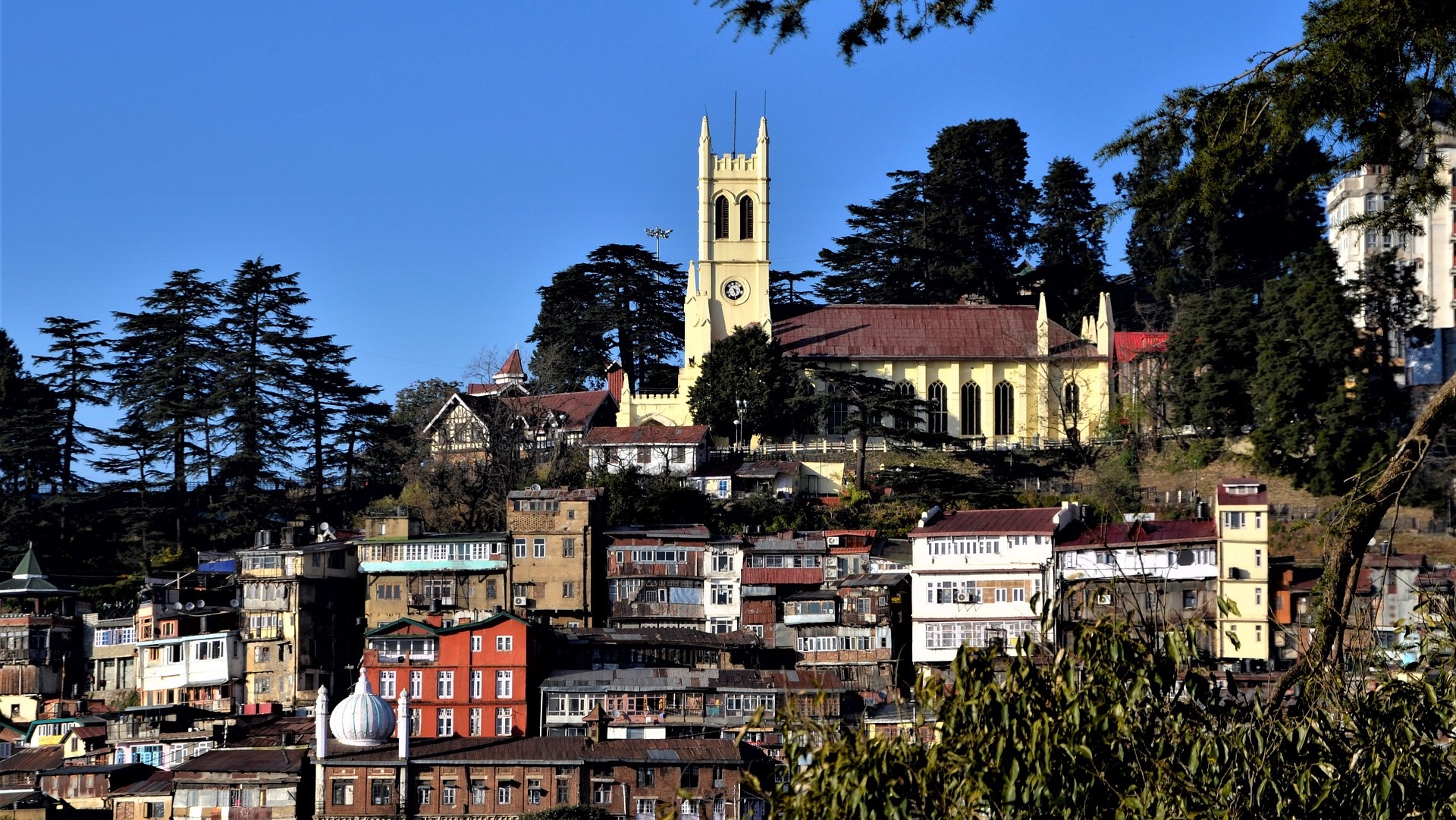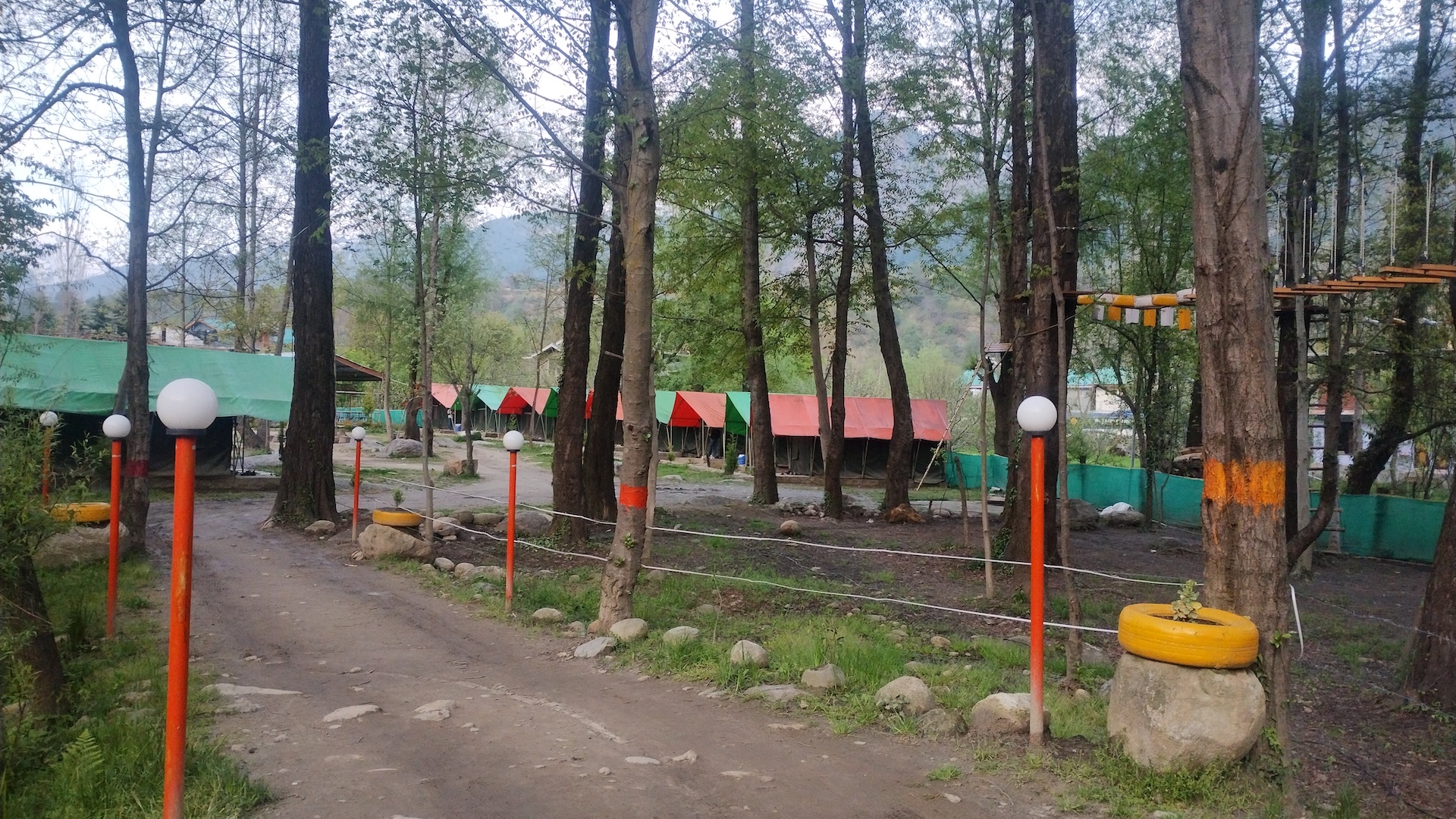Traveling from Delhi to Manali can be an exciting journey through the picturesque landscapes of Himachal Pradesh. Embark on an unforgettable journey to Manali, a captivating hill station nestled in the breathtaking landscapes of Himachal Pradesh. Surrounded by majestic snow-capped mountains, gushing rivers, and lush green valleys, Manali is a paradise for nature lovers and adventure enthusiasts alike. Experience the thrill of exploring the famous Rohtang Pass, where you can witness panoramic views of the Himalayas and engage in exciting snow activities during the winter months. Discover the spiritual side of Manali by visiting the ancient Hadimba Temple, nestled amidst tall deodar trees, or seek tranquility at the Vashisht Hot Springs.
Here’s a guide to help you plan your trip:
- Mode of Transportation:
- By Road: The most common and convenient way to reach Manali from Delhi is by road. The distance between the two cities is approximately 550 kilometers, and the journey takes around 12-14 hours. You can either drive your own vehicle or hire a taxi. The route typically follows NH44 via Ambala, Chandigarh, and Kullu.
- By Air: If you prefer a quicker option, you can take a flight from Delhi to Bhuntar Airport, which is the nearest airport to Manali. The flight duration is around 1 hour. From Bhuntar, you can hire a taxi or take a bus to Manali, which is about 50 kilometers away.
- By Train: There is no direct train connectivity between Delhi and Manali. However, you can take a train from Delhi to Chandigarh or Pathankot, and then continue the journey to Manali by road.
- Best Time to Visit: Manali can be visited throughout the year, but the ideal time depends on your preferences and the activities you want to indulge in:
- Summer (April to June): This is the peak tourist season when the weather is pleasant, and the temperature ranges from 10°C to 25°C. It is a great time for adventure activities, sightseeing, and exploring nearby attractions.
- Monsoon (July to September): Manali receives moderate to heavy rainfall during this season. While the landscapes turn lush green, landslides can be common. It is advisable to check the weather conditions and road conditions before planning a trip during this time.
- Winter (October to March): Manali experiences heavy snowfall during winters, especially from December to February. It is a popular time for winter sports like skiing and snowboarding. The temperature can drop below freezing point, so make sure to carry appropriate warm clothing.
- Places to Visit:
- Hadimba Temple: Dedicated to Goddess Hadimba, this ancient temple is known for its unique architecture and tranquil surroundings.
- Rohtang Pass: Located about 51 kilometers from Manali, Rohtang Pass offers mesmerizing views of snow-covered mountains and is a gateway to the Lahaul-Spiti Valley. Note that permits are required to visit Rohtang Pass.
- Solang Valley: Famous for adventure activities like paragliding, zorbing, and skiing, Solang Valley is a must-visit for thrill-seekers.
- Old Manali: Experience the vibrant and bohemian vibe of Old Manali with its charming cafes, flea markets, and backpacker culture.
- Vashisht Village: Known for its hot springs, Vashisht is a serene village where you can relax and rejuvenate.
- Accommodation: Manali offers a wide range of accommodation options to suit different budgets and preferences. You can choose from luxury resorts, hotels, guesthouses, and budget-friendly hostels. It is advisable to book in advance, especially during the peak tourist seasons.
- Local Transportation: To explore Manali and its nearby attractions, you can hire a local taxi or use public transportation like local buses or shared taxis. Auto-rickshaws and rented bikes are also available for shorter distances.
- Other Tips:
- Carry appropriate clothing depending on the weather and season of your visit.
- Make sure to carry any necessary permits, especially for visiting Rohtang Pass.
- Keep some cash handy as some places may not accept card payments.
- Stay hydrated and carry essential medications, especially if you’re prone to altitude sickness.
- Respect the local culture and customs.



